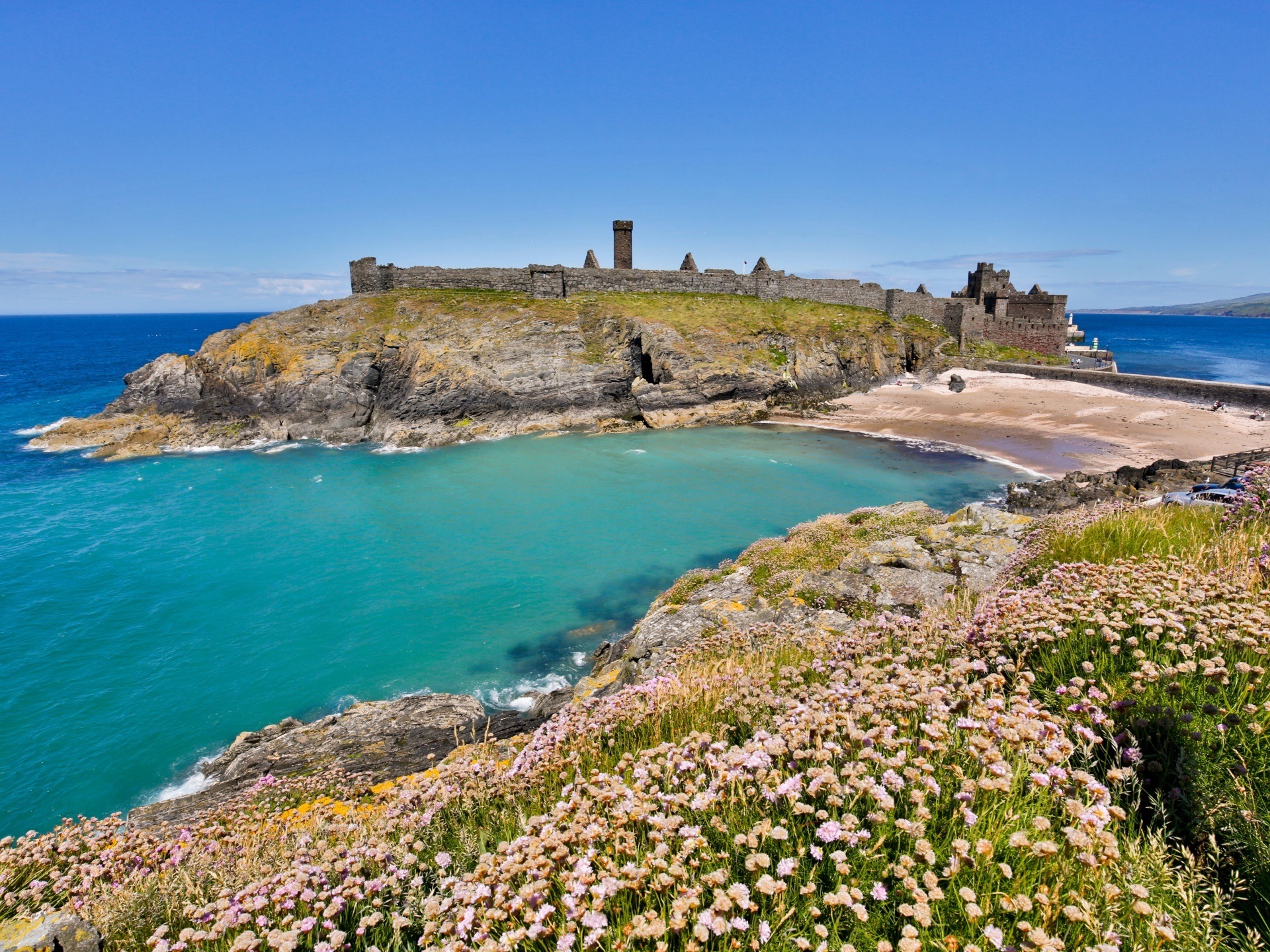
About Isle of Man
The Isle of Man is a self-governing British Crown Dependency located in the Irish Sea between England and Ireland. It is known for its stunning landscapes, unique culture, and the world-famous TT (Tourist Trophy) motorcycle races.
i) Capital:
Douglas
ii) Official Language:
English (Manx Gaelic is also recognized)
iii) Currency:
Manx Pound (equivalent to the British pound)
iv) Population:
About 85,000
Isle of Man
History
Ancient and Early History
i) Neolithic & Bronze Age:
The Isle of Man has been inhabited since around 6500 BC. Early settlers left behind burial mounds, stone circles, and standing stones.
ii) Celtic Influence:
By around 500 BC, Celtic culture and language had become dominant. The island was part of a broader Celtic world, and the native Manx language is a branch of Gaelic.
Norse and Viking Era (9th–13th Centuries)
i) Viking Settlement:
From around 800 AD, Norse Vikings arrived, influencing the island’s culture, law, and governance.
ii) Kingdom of the Isles:
The Isle of Man became part of the Kingdom of Mann and the Isles, ruled by Norse-Gaelic kings. The most famous was King Godred Crovan (died 1095).
iii) Tynwald Established:
Around 979 AD, the Tynwald, the island’s parliament, was established. It is still active today and is the oldest continuous parliament in the world.
Scottish and English Influence (13th–15th centuries)
i) The island changed hands multiple times between the Scots and English.
ii) Eventually, in 1405, it came under the control of the Stanley family, who were granted the island by the English crown.
Lords of Mann and British Rule
i) From 1765, the British Crown purchased feudal rights (known as the Revestment) from the then-Lord of Mann, bringing the island under direct British control—though it retained a significant degree of autonomy.
ii) The Duke of Atholl, and later the British monarch, held the ceremonial title Lord of Mann (currently held by King Charles III).
Modern Developments
i) Autonomous Government:
The Isle of Man is a self-governing Crown Dependency, not part of the UK or EU, with its own legal system, parliament (Tynwald), and taxation.
ii) Economic Shifts:
Once dependent on agriculture and fishing, the economy now relies heavily on finance, online gaming, tourism, and digital services.
iii) Cultural Revival:
In recent years, there's been a resurgence in interest in Manx language and heritage, with educational and media efforts supporting its preservation.
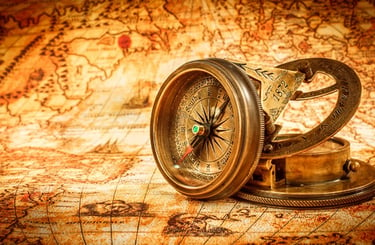



Economy
The economy of the Isle of Man is diverse, stable, and relatively prosperous, despite its small size and population. It operates as a self-governing British Crown Dependency, which gives it a high degree of autonomy, particularly in economic and fiscal matters. Below is an overview of its economic landscape.
Key Economic Sectors
1. Financial Services (largest sector)
i) Includes banking, insurance, fund management, fiduciary services, and e-gaming regulation.
ii) Major contributor to GDP and employment.
iii) The Isle of Man is recognized as a well-regulated, low-tax international finance center.
2. e-Gaming / Digital Economy
i) Online gambling and gaming companies are a rapidly growing sector.
ii) The government supports this through favorable regulation and infrastructure.
iii) Companies like Microgaming and others have contributed significantly to employment and revenue.
3. Tourism
i) While no longer a major driver, tourism still contributes, especially through events like the Isle of Man TT motorcycle races, heritage railways, and natural attractions.
ii) Focus is now on niche tourism, events, and cultural heritage.
4. Manufacturing & Engineering
i) Specialized in aerospace, precision engineering, and electronics.
ii) High-value manufacturing supports export income.
5. Agriculture and Fisheries
i) Small part of the economy but still important for local consumption and cultural heritage.
ii) Focused on sustainable practices.
6. Shipping & Maritime Services
i) The Isle of Man has one of the world's largest ship registries.
ii) Also a hub for yacht registration and maritime finance.
GDP & Employment
i) GDP per capita is high compared to many regions in the UK.
ii) Employment levels are typically strong, with low unemployment rates.
iii) The government invests in digital infrastructure and diversification to support future growth.
Trade & Global Links
i) The Isle of Man is not part of the UK or EU but has a customs agreement with the UK.
ii) It uses the Manx pound (pegged 1:1 to GBP) and follows UK monetary policy.
iii) Has its own international trade agreements and promotes inward investment.
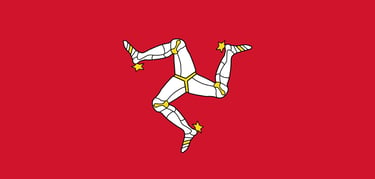

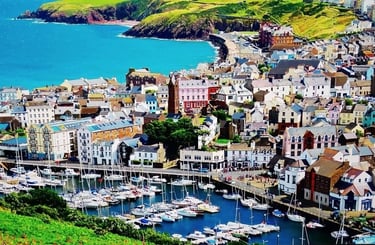

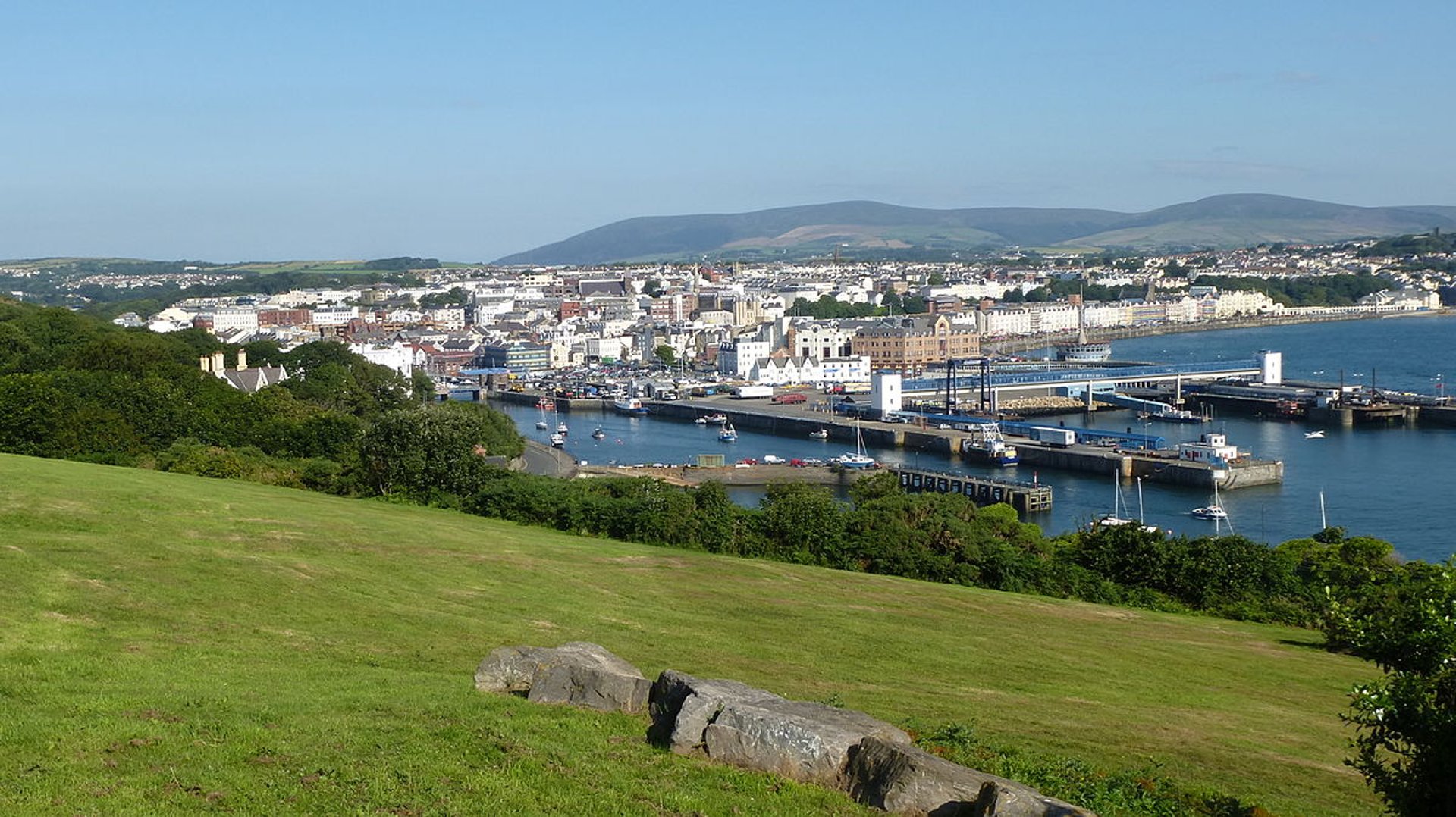
Offshore Jurisdiction
The Isle of Man is a popular offshore jurisdiction known for its business-friendly tax regime, strong regulatory framework, and political stability. It is commonly used for holding companies, trading businesses, investment structures, and asset protection. Below is what you need to know about setting up an offshore company in the Isle of Man.
Key Features of Isle of Man Offshore Jurisdiction
2. Tax Benefits
i) 0% Corporate Tax for most companies (except banking and insurance sectors).
ii) No Capital Gains Tax.
iii) No Withholding Tax on dividends or interest paid to non-residents.
iv) No Inheritance Tax.
1. Types of Companies
i) Private Limited Company (Ltd):
Most commonly used offshore structure.
ii) Public Limited Company (PLC):
For companies planning to go public.
iii) Limited Liability Company (LLC):
Hybrid of a partnership and a corporation.
iv) Foundations & Trusts:
Often used for asset protection and estate planning.
3. Privacy & Confidentiality
i) No public disclosure of beneficial owners.
ii) Nominee directors/shareholders allowed.
iii) High level of banking secrecy.
4. Regulation & Compliance
i) Not blacklisted by the EU or OECD – A well-respected offshore jurisdiction.
ii) Stable legal system based on English common law.
iii) Required to file annual returns but no mandatory financial statement filing for small private companies.
5. Banking & Financial Services
i) Access to top-tier international banks and financial services.
ii) Multi-currency bank accounts and digital banking options.
6. Uses of an Isle of Man Offshore Company
i) Holding and managing international investments.
ii) Intellectual property holding and licensing.
iii) International trading.
iv) Asset protection and wealth management.
v) Yachting and shipping registration.
7. Requirements for Incorporation
i) Minimum One Director & One Shareholder (can be the same person).
ii) Registered Office in the Isle of Man.
iii) No minimum capital requirement.
iv) Must appoint a licensed corporate service provider.
8. Taxation & Business Climate
i) No capital gains tax, inheritance tax, stamp duty, or wealth tax.
ii) Corporation tax: 0% standard rate, 10% for banks and some other sectors.
iii) Personal income tax is low compared to the UK, with a top rate of 20%.
iv) Business-friendly regulations and incentives attract international companies.
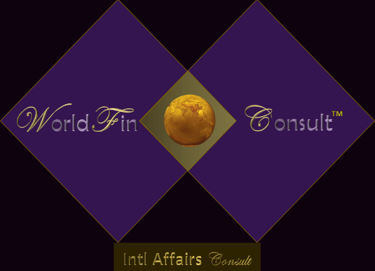

All Rights Reserved © 2025
Address
44, Boulevard Victoria Avenue,
Port-Louis, 11403, Mauritius
Contacts
Tel 1: (+230) 5444 6695
Tel 2: (+230) 5780 2621
Email: info@worldfinconsult.com
AAll Rights Reserved © 2025
Quick Links


